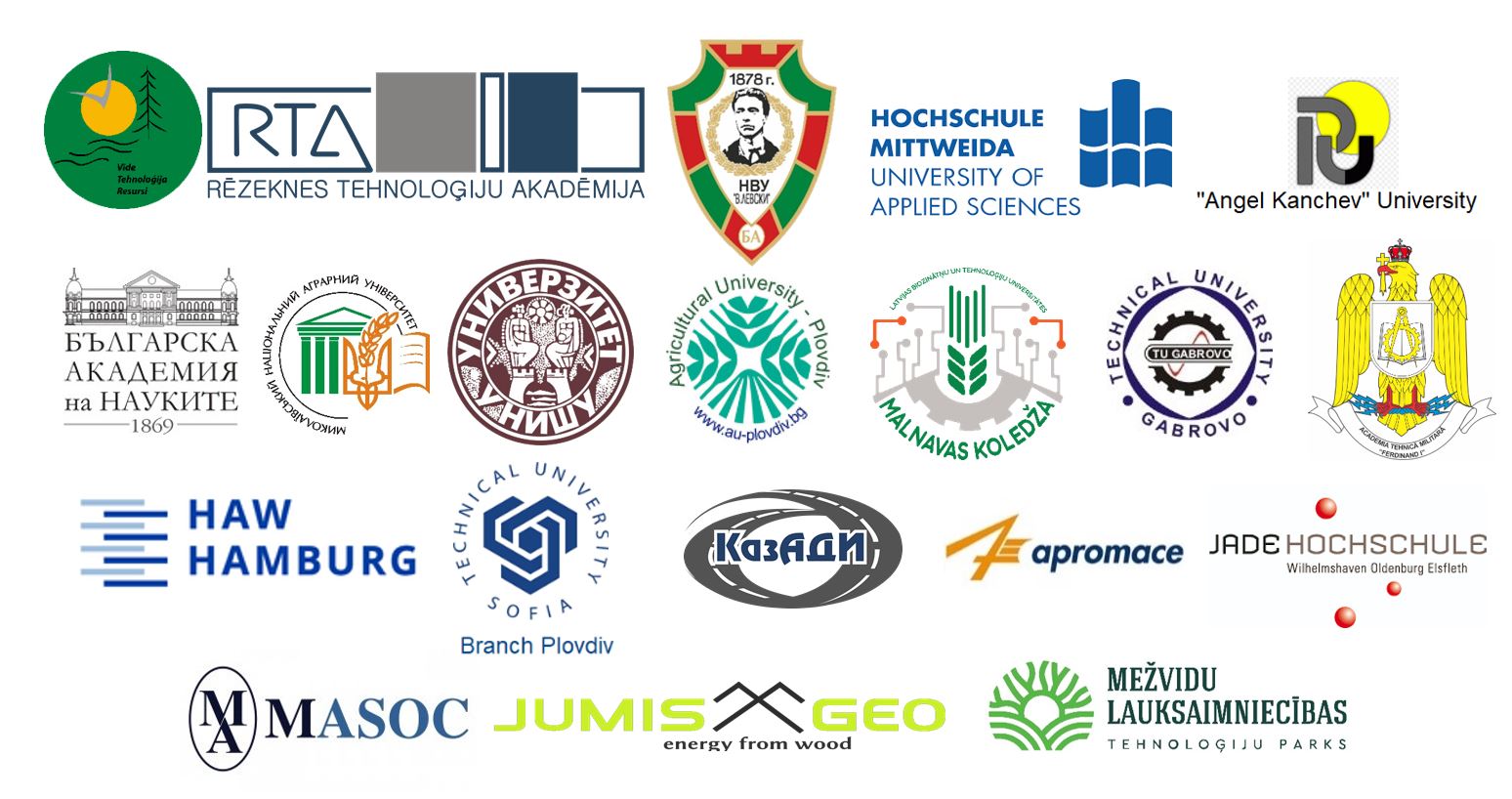COVID-19 AND EDUCATION MANAGEMENT: THE CASE OF SILESIAN REGION - POLAND
Last modified: 13.05.2021
Abstract
COVID-19 outbreak has changed the economic and social relations and caused a critical impact on the higher education system. The closure of University campuses to prevent community transmission of the Coronavirus SARS-CoV-2 has shifted face-to-face classes to online learning, distance learning, e-learning, mobile learning, and social learning. E-Learning and virtual education may become an essential component of the higher education system in the next years. Accordingly, teaching staff had to adapt their teaching methodology and tools to eLearning tools and platforms for effective student engagement.
This paper reports on a first study conducted from December 2020 to January 2021, involving one hundred Higher Schools teachers of Management in the Silesia Region.
The study showed many serious problems related to the emergency teaching-learning experience since it was essentially based on the translation of face-to-face approach in the online environment.
Keywords
References
UNESCO (2020, October 16).Why the world must urgently strengthen learning and protect finance for education, 2020, Available at https://en.unesco.org/news/why-world-must-urgently-strengthen-learning-and-protect-finance-education
C. Hodges, S. Moore, B. Lockee, T. Trust, & A. Bond, The difference between emergency remote teaching and online learning. Educause review, 27, 1-12, 2020.
F. Ahmadon, H. Ghazalli, I. M., & H. Rusli, M. Studying during Pandemic: A Review of Issues from Online Learning in the Middle of COVID-19. In 2020 6th International Conference on Interactive Digital Media (ICIDM) (pp. 1-4). IEEE. December 2020.
R. Ferdig, E. Baumgartner, R. Hartshorne, R. Kaplan-Rakowski, & C. Mouza, (Eds.). Teaching, technology, and teacher education during the COVID-19 pandemic: Stories from the field. Association for the Advancement of Computing in Education. 2020.
J. Whalen, Should teachers be trained in emergency remote teaching? Lessons learned from the COVID-19 pandemic. Journal of Technology and Teacher Education, 28(2), 189-199. 2020.
J. Azevedo, A. Hasan., D. Goldemberg, S. Iqbal, & K. Geven, Simulating the potential impacts of COVID-19 school closures on schooling and learning outcomes: A set of global estimates. The World Bank, 2020.
S. Huber, & C. Helm, COVID-19 and schooling: evaluation, assessment and accountability in times of crises—reacting quickly to explore key issues for policy, practice and research with the school barometer. Educational Assessment, Evaluation and Accountability, 32(2), 237-270, 2020.
M. Kuhfeld, J. Soland, Tarasawa, A. JohnsonRuzek, & J. Liu, Projecting the potential impact of COVID-19 school closures on academic achievement. Educational Researcher, 49(8), 549-565, 2020.
F. García-Peñalvo, A. Corell, R. Rivero-Ortega, M. Rodríguez-Conde & N. Rodríguez-García, Impact of the COVID-19 on Higher Education: An Experience-Based Approach. In Information Technology Trends for a Global and Interdisciplinary Research Community. IGI Global, pp. 1-18, 2021.
G. Marzano & A. Zając, Managing education during the coronavirus emergency: the case of a polish higher education institution. Education. Innovation. Diversity. 1(1), 37-47. 2020.
R. Quezada, C. Talbot, & K. Quezada-Parker, From Bricks and Mortar to Remote Teaching: A Teacher Education Program‘s Response to COVID-19. Journal of Education for Teaching, 46(4), 472-483, 2020.
S. Senel, & H. Senel, Remote Assessment in Higher Education during COVID-19 Pandemic. International Journal, 8(2), 181-199, 2021.
C. Toquero, Challenges and Opportunities for Higher Education Amid the COVID-19 Pandemic: The Philippine Context. Pedagogical Research, 5(4), 2020.
O. Zawacki‐Richter, The current state and impact of Covid‐19 on digital higher education in Germany. Human Behavior and Emerging Technologies, 3(1), 218-226, 2021.
Z. Gródek-Szostak, M. Suder, A. Piechaczek, A., L. Ochoa Siguencia, Assessment and Comparison of Digital Competences in Education for Selected European Countries. European Research Studies Journal, Volume XXIV, Special Issue 1, 348-361. 2021.
M. Gaebel, T. Zhang, H. Stoeber & A. Morrisroe, Digitally Enhanced Learning And Teaching In European Higher Education Institutions, 2021. Available at: https://eua.eu/downloads/publications/digi-he%20survey%20report.pdf
L. Chen, E. Dorn, J. Sarakatsannis & A. Wiesinger, Teacher survey: learning loss is global and significant. McKinsey & Company. March 2021. Available at: https://www.mckinsey.com/industries/public-and-social-sector/our-insights/teacher-survey-learning-loss-is-global-and-significant?cid=other-eml-alt-mip-mck&hdpid=1a57cf47-eae2-400f-b9f0-fd8edddbbfb6&hctky=12238167&hlkid=b53175decdec48bbb6888bd21b5a168b
G. Di Pietro, F. Biagi, P. Costa, Z. Karpinski & J. Mazza, The likely impact of COVID-19 on education: Reflections based on the existing literature and recent international datasets (No. JRC121071). Joint Research Centre. 2020. Available at: https://core.ac.uk/download/pdf/343468109.pdf
Z. Gródek-Szostak, L.Ochoa Siguencia, Z. Szeląg-Sikora & G. Marzano, The impact of industry 4.0 on the labor market. 61st International Scientific Conference on Information Technology and Management Science of Riga Technical University (ITMS) / eds.: Janis Grabis, Andrejs Romanovs, Galina Kulesova - Riga: Institute of Electrical and Electronics Engineers (IEEE), 1-5, 2020.
Z. Gródek-Szostak, The poster as a form of active participation of students in the scientific movement. EDULEARN19 Proceedings / eds. by L. Gómez Chova, A. López Martínez, I. Candel Torre - Palma: International Association of Technology, Education and Development (IATED), 10630-10633Bozkurt, A., & Sharma, R. C. (2020). Emergency remote teaching in a time of global crisis due to CoronaVirus pandemic. Asian Journal of Distance Education, 15(1), i-vi, 2019.
I. Sania, Y. Hamza, Y. Chedid, J. Amalendran & N. Hamzac, Understanding the consequence of COVID-19 on undergraduate medical education: Medical students’ perspective. Annals of Medicine and Surgery, 58, 117-119, 2020.

